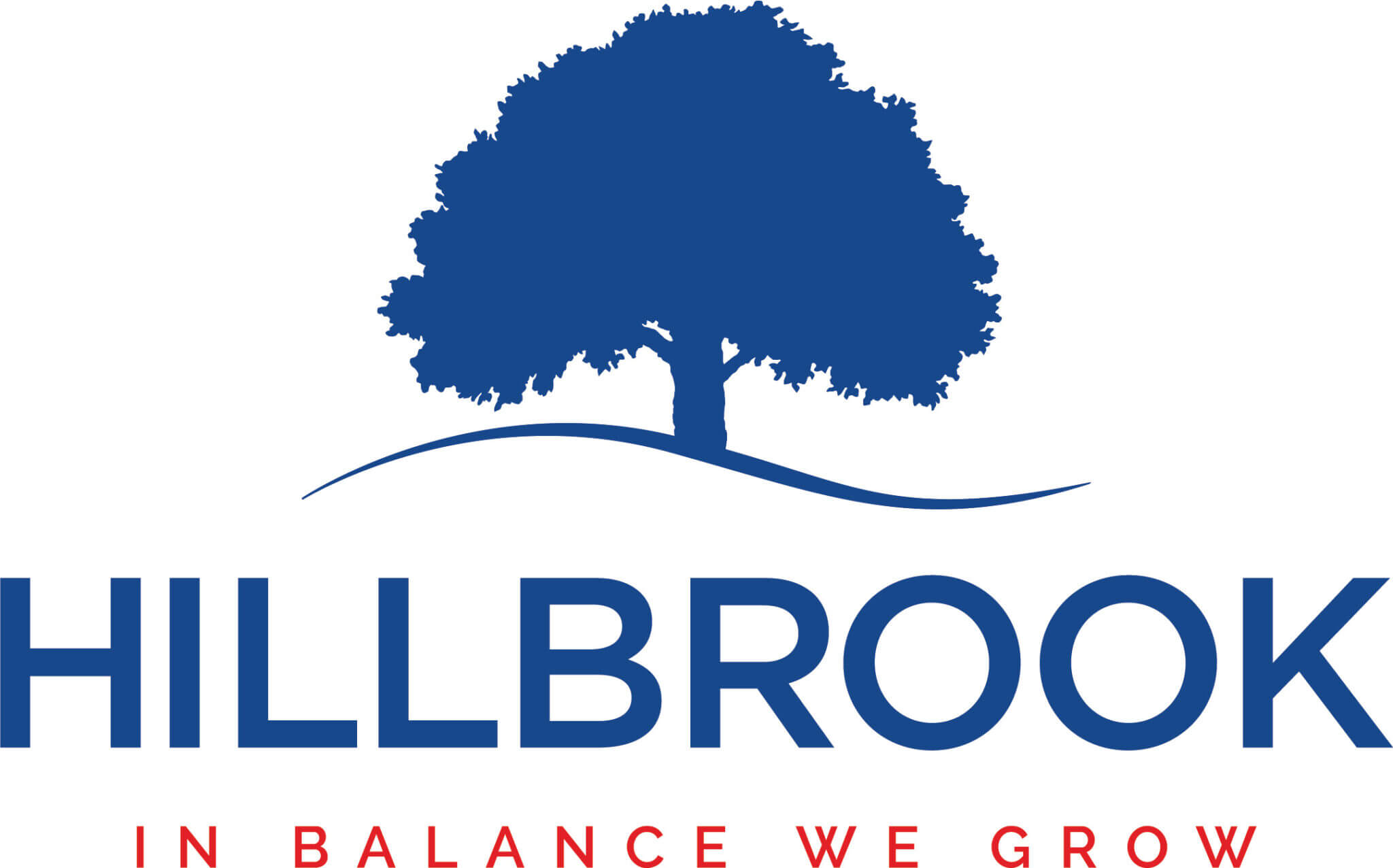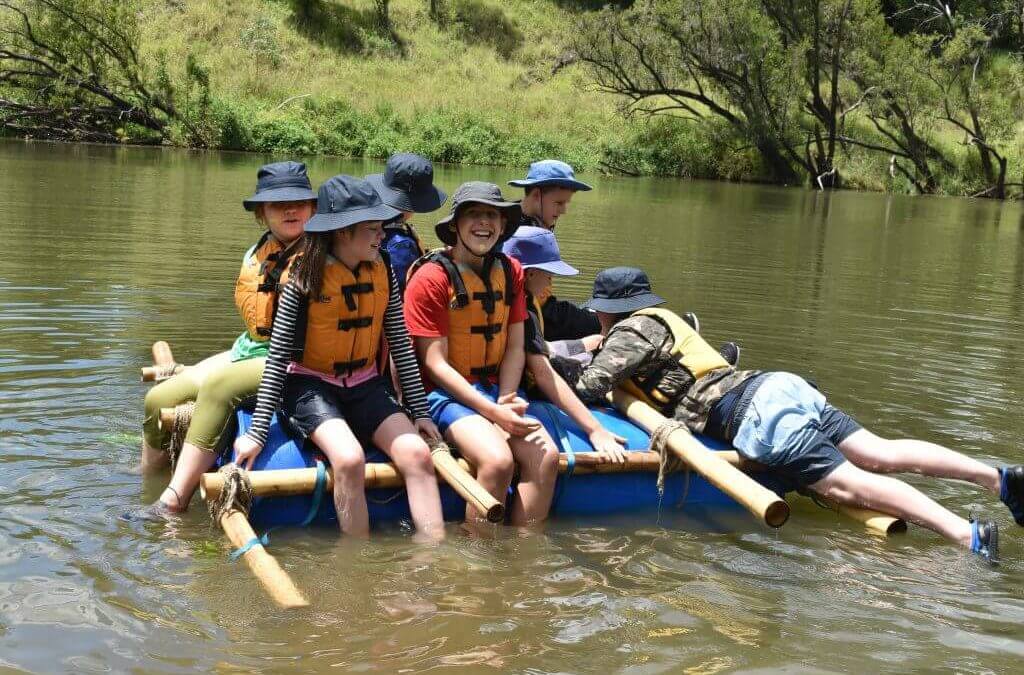What do parents hope for when they send their children to high school? The 3Rs, yes, but what else do they want?
The recently released Independent Schools Queensland What Parents Want 2018 Survey, revealed the top five reasons Queensland parents choose a school:
- Preparation for students to fulfil their potential in later life
- The high quality of teachers
- School seemed right for child’s individual needs
- Good discipline
- Teaching methods/philosophy
Missing from this list, and in fact from the top ten reasons, is a school with high OP results. Yet league tables from OP and NAPLAN results feature highly in recent media articles about Queensland’s best schools. Unfortunately, this measurement boils down the complexity of human development and learning to a mere number.FacebookTwitter
At Hillbrook we believe the measure of a school is much more than academic results. A great school has inspiring and engaged teachers who prepare their students for life outside school. A life that is more than the final number they achieve, and more than the career they choose.
Great schools have an inclusive and organic culture and provide students with a carefully considered balance of academic skills and strong personal values.
Every student who joins the Hillbrook community is afforded the same learning opportunities; we are non-selective and don’t offer scholarships. Each of our students is offered a place based on the order in which they applied and they all study towards earning an OP. Why? We believe the creative mix of challenge and support provided by our curriculum, together with committed teachers, enables our students to learn to their potential.
We agree wholeheartedly that a strong academic program is essential to provide a basis for the next stage of their life journey … but grades and OPs alone do not prepare a student for the future. From our experience, combining spiritual, physical, arts and academic lessons with important life lessons, will.
At Hillbrook we believe education is a journey and schools are about potential, not product. Education is not as simple as learning a set of rules to live by and the acquisition of knowledge, it’s far deeper and broader than that.FacebookTwitterIn 1987, the founders of Hillbrook had a vision about teaching that went beyond the classroom. When it came to programs such as Outdoor Education and Philosophical Inquiry, Hillbrook has led the way. Art, Drama and Music are as important as Maths, English and Science in providing a balanced learning experience. Our music program is well supported with over 50% of our students participating. Hillbrook continues to invest heavily in ensuring these programs remain relevant and provide our students with important personal and interpersonal skills.
A thoughtfully designed outdoor education program challenges our students physically and mentally, building resilience, developing trust and teaching leadership skills. One of the key learnings from outdoor education is “what to do when you don’t know what to do” which flows through to enhance problem solving skills in the classroom.
A few years ago, a group of Hillbrook students were on their Senior self-guided bushwalking expedition when one of the teachers fell and broke her ankle. Some of the students were trained in first aid and were able to provide initial emergency care by immobilising the ankle and keeping her calm. They were in an isolated area and needed to activate an EPIRB device which then initiated a helicopter rescue. Once their teacher was airlifted from the site, the students had to find their way out and back to the campsite to the other group waiting for them. Throughout the process the entire group remained calm and considered, they worked together and cared for each other and their teacher. This type of lesson cannot be taught in a classroom, nor measured with a numerical ranking, yet it’s one that will stay with those students, and their teacher, for the rest of their lives.
Another important lesson outdoor education teaches is a greater understanding and appreciation of the environment, and the need for all of us to tread lightly upon it.
Philosophical Inquiry encourages students to think deeply about issues, to listen to other perspectives, to question, to search for answers and to be fair and open-minded. It empowers them to make their own decisions and form their own opinions, even if they differ from others.FacebookTwitter
Hillbrook has made an intentional decision to run with a philosophy of shared leadership across all members of the community. We believe everyone should learn how to be a leader and be provided with opportunities to do so. Leadership comes in many forms and everyone is capable of leading. For our students it’s important to know they can make a difference in the lives of others simply by taking the lead, regardless of their position.
Here at Hillbrook there is a collective responsibility for the well-being of our students. All teachers and support staff take responsibility for all students, and also for each other. “Students who are part of a community where they see leadership teams and staff caring for one another are being shown how a successful community operates. Collective responsibility for the staff as well as the students is a strong example of an organic culture in action.” Harvard educational psychologist Robert Kegan (1994)
Hillbrook is a people-centred school where we create a close-knit community among our teachers, support staff, students and parents. This type of community fosters trust and respect and provides a positive and supportive culture that allows our students to take the risks that result in real learning. “A ship in the harbour is safe, but that is not what ships are built for.” John A Shedd.
So, how does this translate in the world beyond school? What skills are employers looking for when they interview potential employees. Are they interested in a high OP or GPA? Or is it more than that?
The Australian Chambers of Commerce and Industry conducted major exercise to find out what employers want. The outcomes showed that employers overwhelmingly want the following skills above technical skills:
- Communication
- Teamwork
- Problem Solving
- Self-management
- Planning and Organising
- The use of technology to execute tasks
- Initiative and Enterprise
- Leadership
A Human Resources Manager from a National Law Firm revealed that while an OP and a GPA score is important, it doesn’t stand alone. A candidate with a lower GPA and more life experience with work, community and travel is more likely to gain an interview, and ultimately a position, than a candidate with a GPA of 7 and no life experience other than study.
Independent Schools Queensland have conducted four What do Parents Want Surveys over the last 12 years and each one shows overwhelmingly that, more than anything else, parents want schools to identify and nurture the potential of their children.
And this is what parents hope for when they send their children to school.

